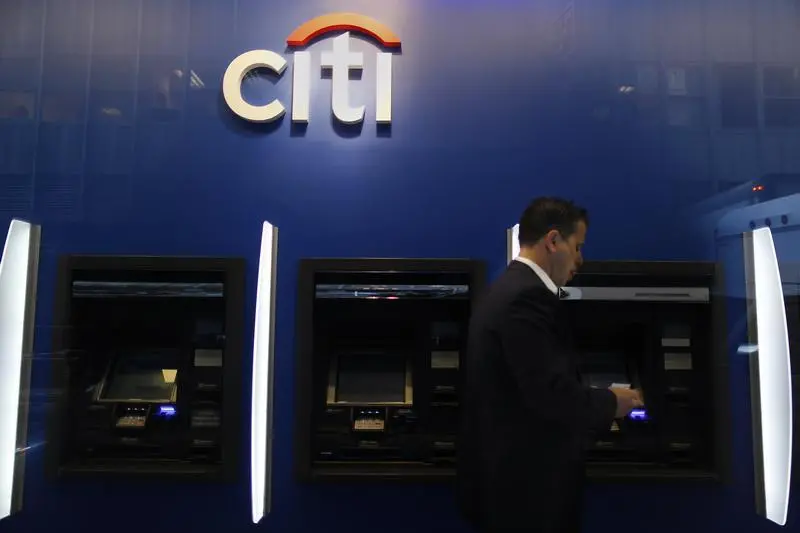PHOTO
HONG KONG, (Reuters Breakingviews) - Citi’s shortcomings on a small Hong Kong IPO offer lessons ahead of a new listings boom. On Thursday, the city’s securities regulator fined the U.S. bank roughly $7 million over the 2009 initial public offering of Real Gold Mining, which turned out to be a real dud. As a wave of biotechnology outfits boasting complex products prepares to list, bankers will have to stay vigilant.
Citi was the sole sponsor, or senior underwriting bank, for the IPO. Under Hong Kong’s system that meant Citi had to vouch for the quality of the company and its filings. But problems quickly emerged, and Real Gold shares have been suspended since 2011. The Securities and Futures Commission faulted the bank’s due diligence on Real Gold’s customers, and the deal team’s lack of senior supervision.
The action is part of a wider crackdown by the SFC on what it calls “substandard” IPO work by banks. The fine wipes out the roughly $5 million of proceeds Citi would have shared with Macquarie on the deal. It is also a badly timed embarrassment during a busy year for Hong Kong floats -- although to be sure, the SFC also has many other banks in its crosshairs.
Although this case dates back nine years, there is relevance today, as banks prepare for a deluge of small IPOs in an unfamiliar sector. The Hong Kong stock exchange recently relaxed its rules to allow listings by biotech companies which have yet to sell products. Banks are jockeying to sponsor the debuts but Hong Kong’s limited experience hosting such companies means a lack of seasoned advisers to help them list. The city could have fewer than 20 experienced biotech and biopharma bankers, Reuters reported last month.
That matters because sector specialists are better able to do thorough due diligence, especially in a sector boasting complex and unproven products. This is an industry where experience as a doctor or conducting post-doctoral scientific research is a serious asset. Without the right staff to vet prospective applicants, the risk-reward ratio looks even less attractive than it did with Citi’s dud mining IPO.
CONTEXT NEWS
- Hong Kong’s securities regulator fined a unit of Citigroup HK$57 million ($7.3 million) over the 2009 initial public offering of Real Gold Mining, it said late on May 17. The Securities and Futures Commission found the U.S. bank failed to do “adequate and reasonable due diligence” on Real Gold’s customers. Citi also did not properly supervise its own staff “when carrying out the sponsor work” for the listing, the SFC said.
- In Hong Kong and some other markets, so-called sponsors are effectively the top underwriters on an IPO. They must assure the stock exchange and the market that companies meet listing rules and prospectuses are accurate.
- The SFC said this was the first and only time it had concerns over Citi’s actions as a sponsor, and the bank has since strengthened internal controls and systems for this kind of work.
- Real Gold Mining’s shares have been suspended since 2011, after the South China Morning Post reported controlling shareholder Wu Ruilin had pledged a company subsidiary as security on loans for his private businesses.
- In October, SFC enforcement head Thomas Atkinson said the SFC was probing “substandard work” by 15 sponsors.
(Editing by Quentin Webb, Katrina Hamlin and Sharon Lam)
© Reuters News 2018





















